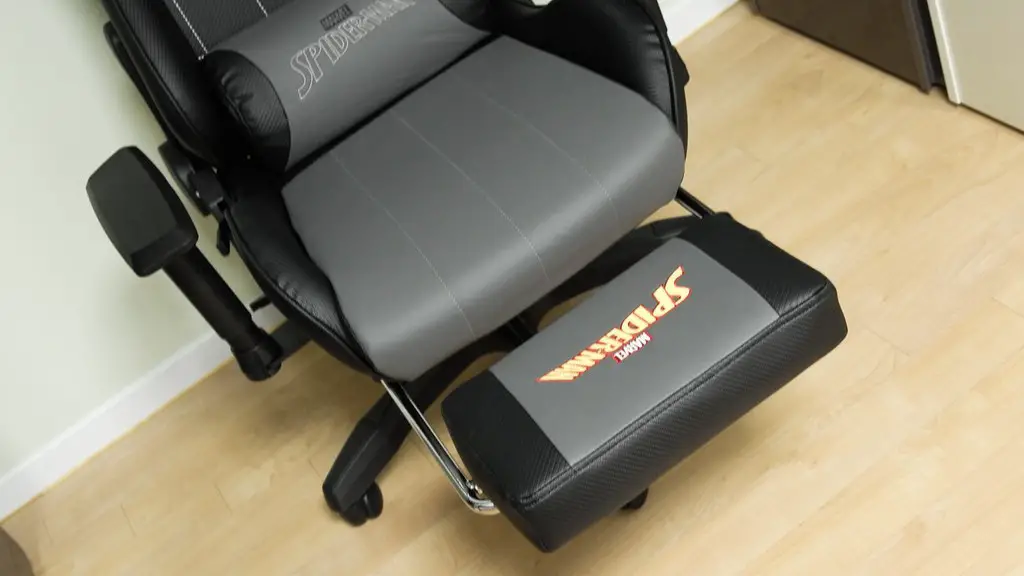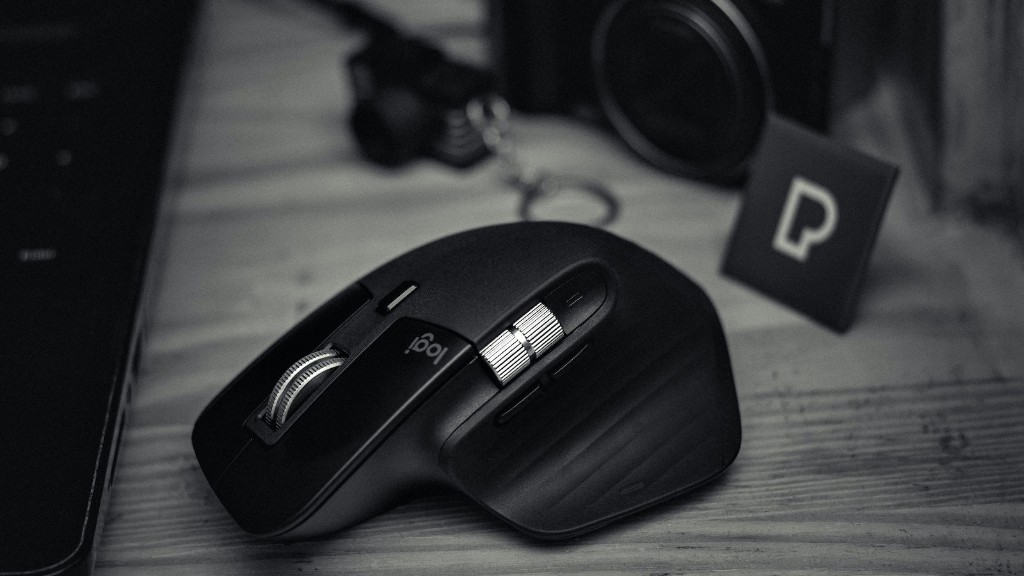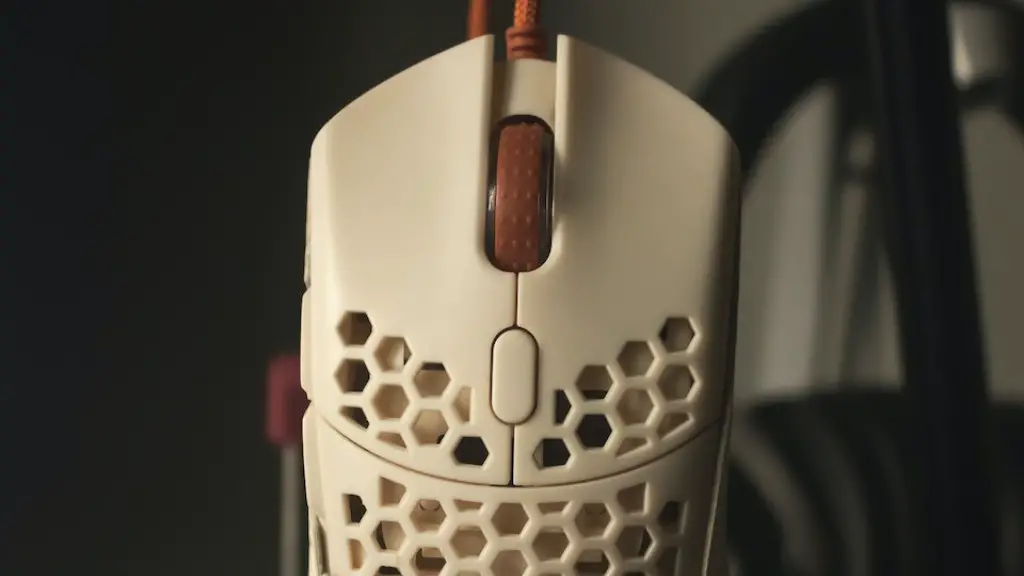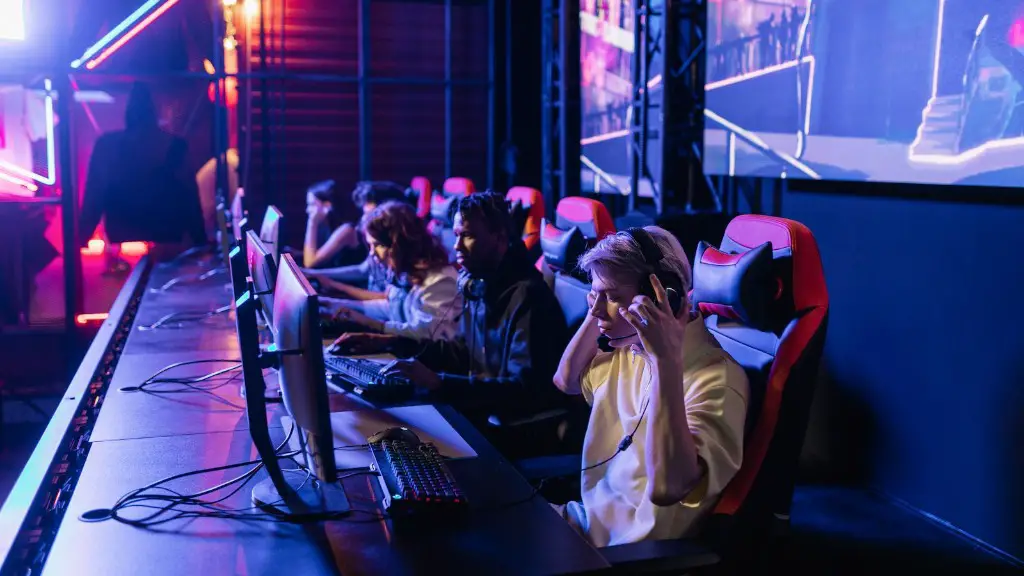Can you use a LED TV as a gaming monitor? Absolutely! LED TVs are a great alternative to dedicated gaming monitors, as they offer exceptional levels of image clarity, better power efficiency, and longer lifespan. Plus, they typically have wider viewing angles than gaming monitors, which helps to reduce eye strain when gaming for longer periods. However, there are a few things you should consider before investing in a LED TV for use as a gaming monitor.
The first thing to consider is the size of a LED TV. If you plan on using it for gaming, you’ll need a minimum size of 40 inches. This is important for two reasons. Firstly, the larger the screen, the further away you’ll be able to sit from it so that you can see the entire screen at once. Secondly, a larger screen will help you to see more fine details as you play. If you want to play competitively, it’s also a good idea to get a larger screen for maximum visibility.
The next thing to consider is response time. This is the time it takes for pixels to change on the screen in response to game input. Generally, fast response times are more desirable in gaming applications, as they offer better performance. However, it’s important to keep in mind that LED TVs typically have slower response times than gaming monitors due to their different LCD technologies. But, this shouldn’t be a major concern unless you are a competitive gamer.
Another thing to consider when choosing a LED TV for gaming is refresh rate. Refresh rate is the number of times a TV’s image is refreshed each second. Generally, gaming monitors have higher refresh rates than LED TVs, which helps to reduce input latency. That said, if you get a TV with a low input lag, it should work just fine for gaming.
Finally, the last thing to consider is the aspect ratio. Aspect ratio refers to the ratio of the width to the height of the screen. For gaming, the ideal aspect ratio is a wide 16:9, as this is the same as the aspect ratio of most console and PC games. This will ensure that the image is displayed correctly and that you don’t lose any of the picture during gameplay.
Performance
The performance of a LED TV as a gaming monitor is largely dependent on the features and specifications of the particular model. The more features the TV has, the better it will be as a gaming monitor. That said, it is possible to get acceptable performance out of a basic LED TV. Keep in mind though that higher-end models will offer better performance overall.
One of the key features to look for in a gaming TV is low input lag. This is the time it takes for an input to be reflected on the screen. Input lag is a major issue for competitive gamers, as it can negatively affect their performance. Low input lag is typically achieved via a combination of fast response times and low refresh rates. These can be found on some mid-range to high-end models of LED TVs.
Another important consideration for performance is contrast ratio. This is the range of light and dark values a TV can produce. Higher contrast ratios are desirable for gaming, as they help to make dark and light areas of the screen look more realistic. This is especially important for visually intense games that require accurate lighting. A good contrast ratio to look for is 1000:1.
Finally, look for a TV with good color accuracy. This refers to how accurately the colors are reproduced on the screen. Poor color accuracy can cause colors to look dull or washed out. For the best experience, look for a TV with a color gamut of 90% or higher.
HDR & UHD
Popular displays such as the PS4 Pro and Xbox One X support HDR and UHD resolutions. HDR stands for High Dynamic Range, which is a technology that allows displays to produce more realistic images with greater depth and accuracy. UHD stands for Ultra High Definition, which is the highest resolution available on TVs today. UHD resolutions can be four times higher than HD, resulting in much sharper and more detailed images.
If you plan on playing games with HDR or UHD support, it’s best to look for a LED TV that supports these technologies. Some TVs will have dedicated HDR and UHD support, while others may offer simulated support. HDR and UHD can greatly enhance the gaming experience, as they provide deeper colors, increased brightness, and better contrast.
However, HDR and UHD require a significant amount of power to run correctly. That said, not all LED TVs are capable of running HDR and UHD content. Make sure to check the specifications of the TV you’re looking at to ensure that it can handle the resolution and make sure to check for compatibility with your console or PC.
Connectivity
Connectivity options are another important consideration when choosing a LED TV for gaming. Most LED TVs will have multiple ports, such as HDMI, DisplayPort, and USB. It’s important to make sure that your TV has the right ports for connecting your gaming system, be it a console or a gaming PC.
If you’re looking to game at higher resolutions such as UHD or 4K, make sure to look for a TV with a HDMI 2.1 port. This will ensure that you can get the most out of your system. Some TVs may also have a DisplayPort port, which allows for higher refresh rates and quicker response times. USB ports are also useful, as they allow you to connect game controllers, headsets, and other accessories.
Lastly, many LED TVs also have built-in Wi-Fi or Ethernet ports for connecting to the Internet. This will allow you to access online services such as streaming apps, multiplayer games, and more. If you want to use your LED TV for gaming as well as other activities, it’s a good idea to make sure that your TV has adequate connectivity.
Conclusion
Using a LED TV as a gaming monitor is a great way to get a large, vibrant display for your games. That said, there are a few things to consider before investing in a LED TV. Firstly, pay attention to the size, response time, refresh rate, and aspect ratio. Secondly, make sure to check the level of performance and capability of the TV you’re looking at. Finally, consider the available connectivity options to make sure that your TV has what you need.



